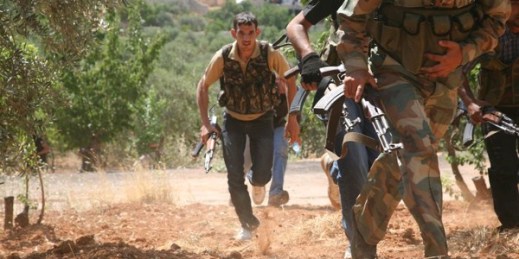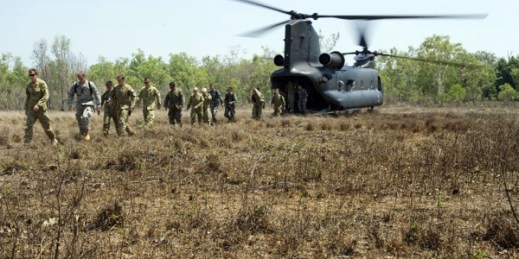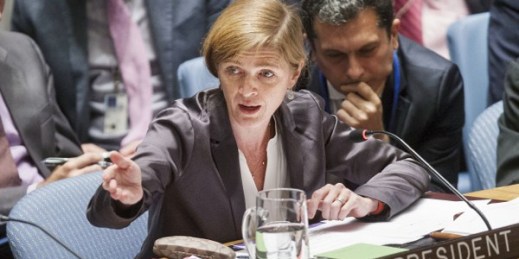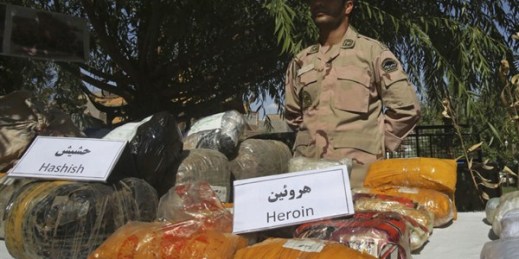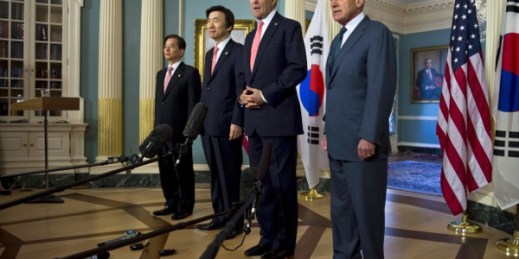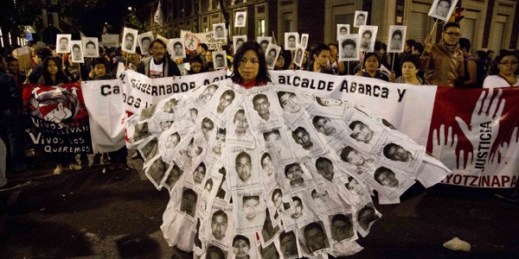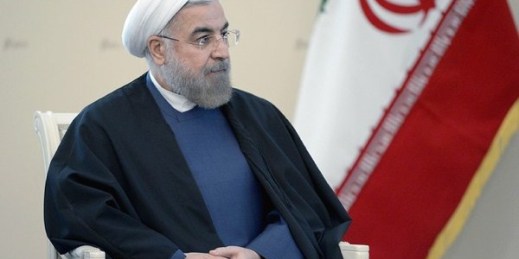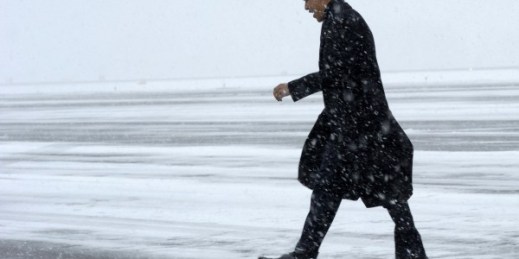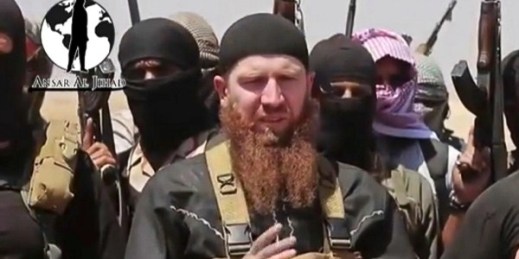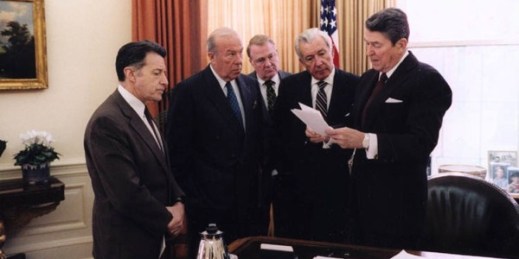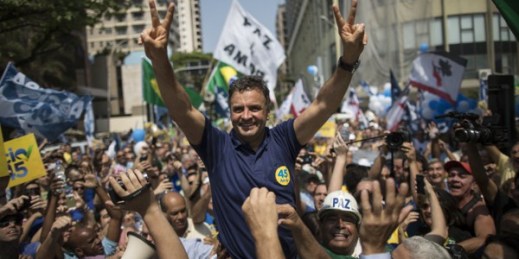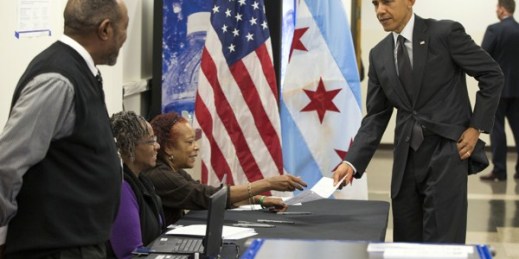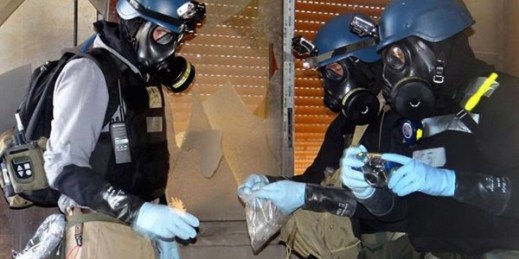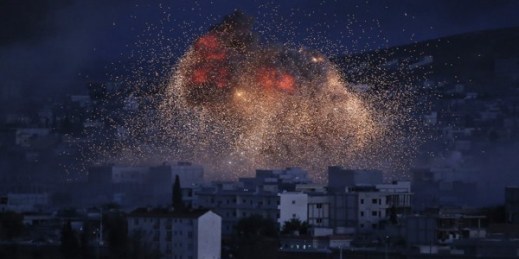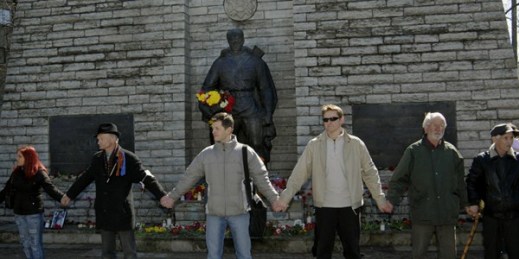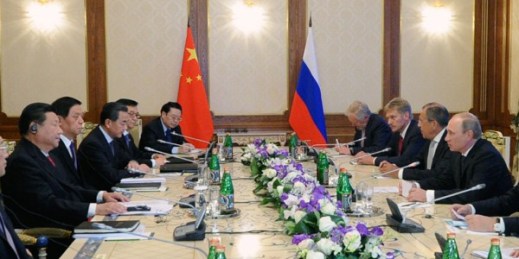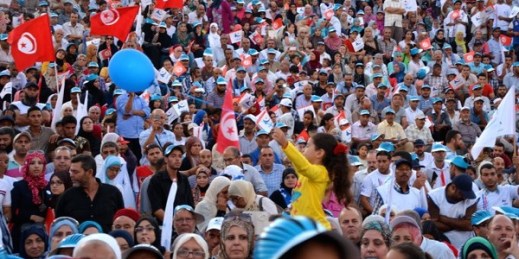
Tunisia’s parliamentary elections on Sunday confirm the erosion of trust over the past three years in the Islamist party Ennahda, which failed to live up to its electoral promises and implement an effective post-revolutionary political agenda after the ouster of longtime autocrat Zine al-Abidine Ben Ali. Nidaa Tounes, the secular party led by Beji Caid Essebsi, an 87-year old anchor of the country’s old guard, won with 39 percent of votes, while Ennahda, which dominated the 2011 elections under the leadership of longtime dissident Rachid Ghannouchi and governed the country until ceding power to an interim government in January 2014, […]

